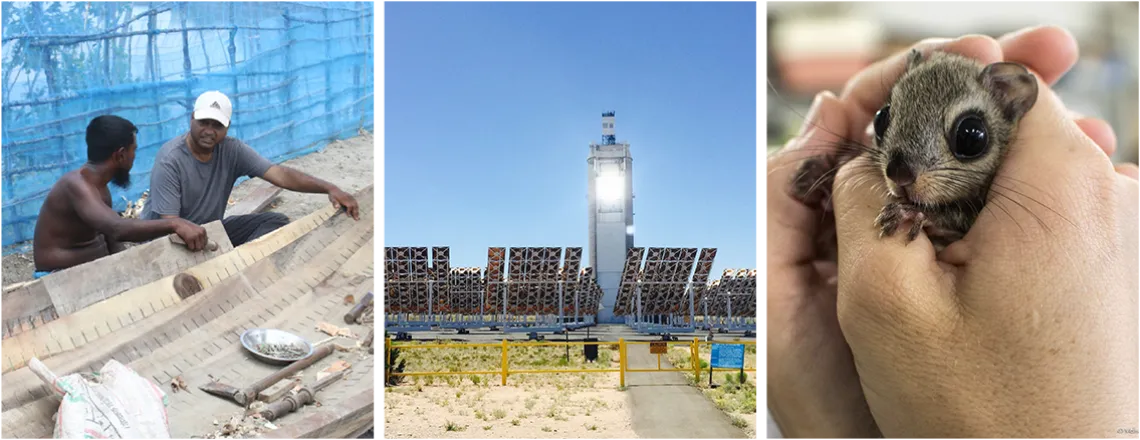
Programs
Alan Alda Center for Communicating Science
The Alan Alda Center for Communicating Science works to enhance understanding of science by helping train the next generation of scientists and health professionals to communicate more effectively with the public, public officials, the media, and others outside their own discipline.
AAAS Center for Public Engagement with Science and Technology
The Center for Communicating Science at Virginia Tech
Books
Escape from the Ivory Tower: A Guide to Making Your Science Matter
By Nancy Barton
Most scientists and researchers aren’t prepared to talk to the press or to policymakers—or to deal with backlash. Many researchers have the horror stories to prove it. What’s clear, according to Nancy Baron, is that scientists, journalists and public policymakers come from different cultures. They follow different sets of rules, pursue different goals, and speak their own language. To effectively reach journalists and public officials, scientists need to learn new skills and rules of engagement. No matter what your specialty, the keys to success are clear thinking, knowing what you want to say, understanding your audience, and using everyday language to get your main points across.
Tips for Writing & Image Use
UA Best Practices for Image Use
UA Technology Available for Check-out by UA Students
Guide for Social Media Image Sizes
How To Take Better Pictures with your iPhone
TED-Talks
TED Talk Recommendations for Public Speaking
Union of Concerned Scientists - How to Give an Effective Elevator Pitch
Podcasts
The Bench Warmer’s Podcast
Graduate students at the University of Rochester are creating a great way to communicate about science - telling personal stories. Consider this style and focus of communication a compliment to the more traditional lecture format - it's a different way of communicating and with different audiences and interests/concerns in mind.

![[sitename] | Home](/sites/default/files/AIR_Ed_Ini_Carson_Webheader2.png)